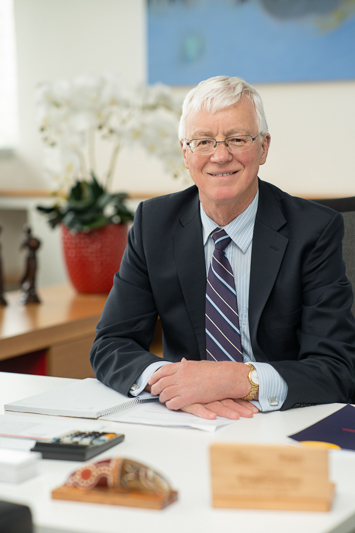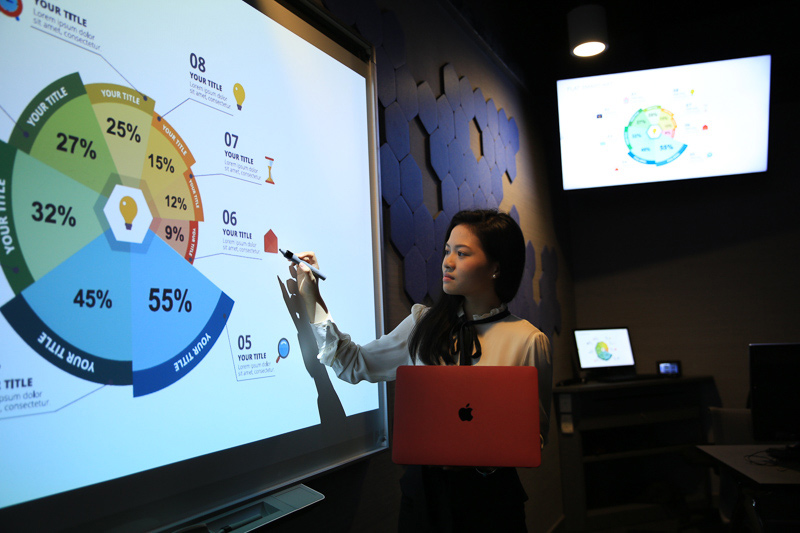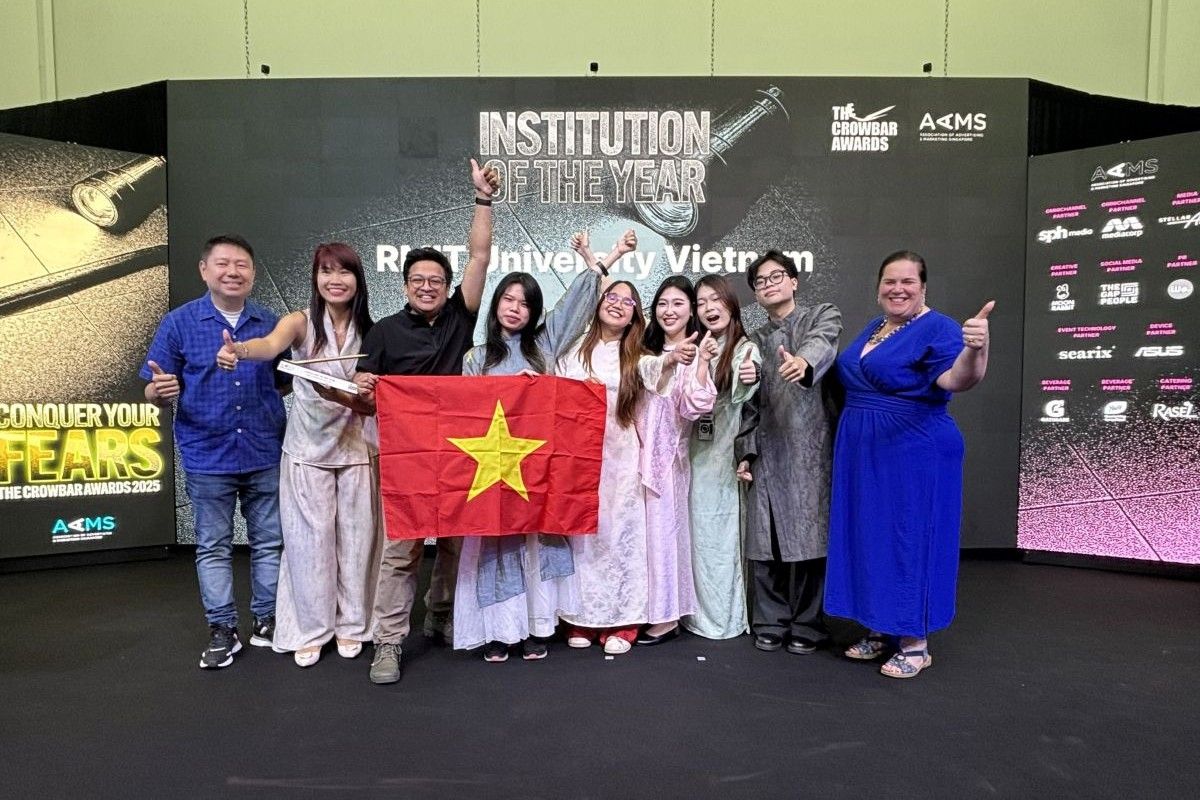Quality assurance is a must
RMIT Vietnam Executive Dean (Academic & Students) Professor Rick Bennett said that when the University switched to online delivery during the lockdown, it first reviewed all 190 courses offered and found the majority could still be delivered very successfully through a variety of best practice approaches to online teaching.
With more than 100 years of experience from Australia, including RMIT Online, and always putting the students at the centre of the learning equation, Professor Bennett emphasised that RMIT’s online classes were taught by the same experienced and qualified teachers as with face-to-face classes.
“The access to high-quality material and study resources is also the same. It is only the method of delivery that is different and, arguably, more dynamic than previously. Students continue to receive feedback on their studies from the work they do online and for homework. They also continue to receive specific advice for how to improve their skills and how to progress.”
As the first semester comes to an end, and the pandemic risk decreases, the university has announced that Semester 2 will be offered face-to-face, but with an additional 30 courses offered purely online.
“We’ve found students have displayed enormous resilience and adaptability to this new way of learning and many students have expressed that they have enjoyed the flexibility even more than face-to-face.”
Professor Bennett said, “We do a lot to keep students connected and engaged with both their studies and with other students.”
“This includes rich and detailed course material with narration from a lecturer, discussion of the key ideas of the lesson through online forums and online drop-in sessions with a lecturer which are recorded and available for others.
“We considered the whole student experience and offered an online equivalent – like access to the library, study support, career advice and student wellbeing.”







